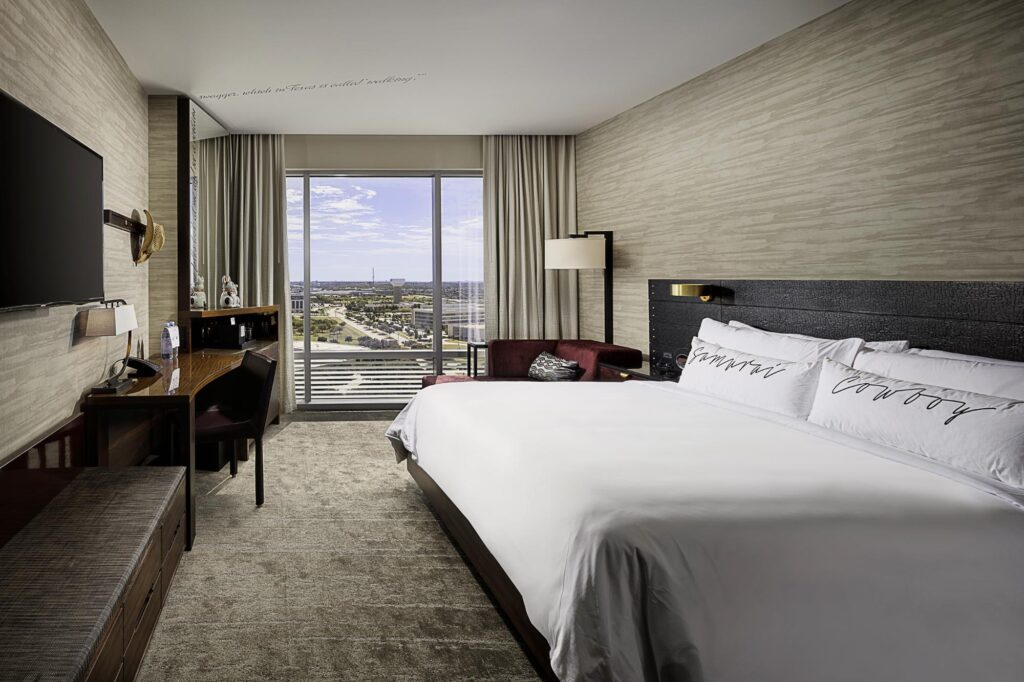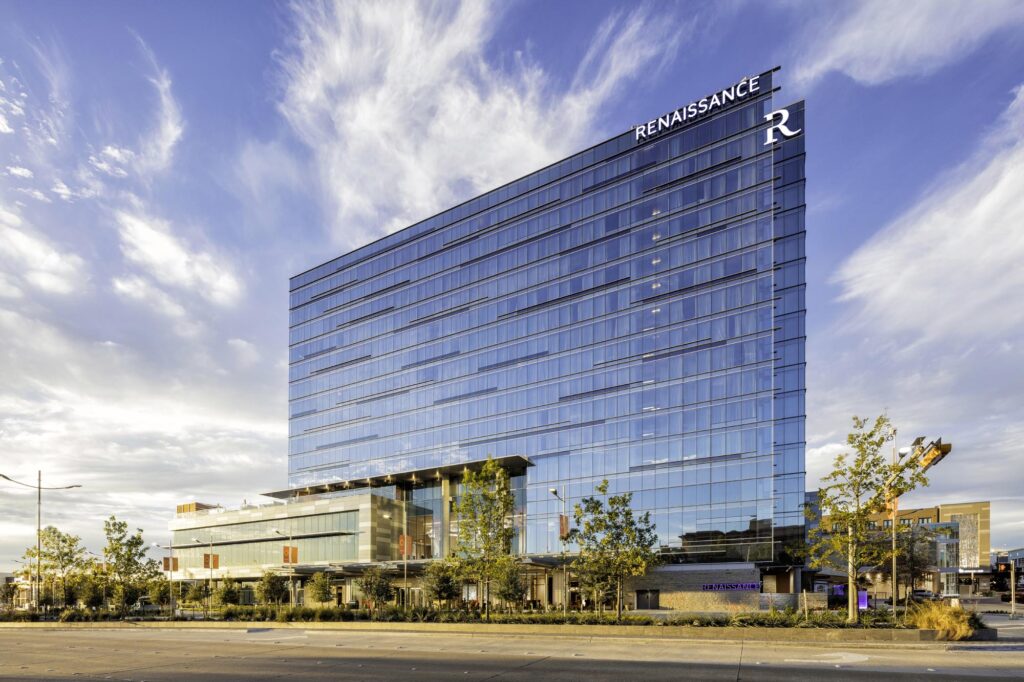With the booming global tourism sector and the ever-growing emphasis on digital marketing, the demand for high-quality visual content to entice potential guests has surged. Hotel photographers play a pivotal role in capturing the essence of a property, showcasing its unique features, and ultimately driving bookings. For those intrigued by this field, this career choice opens doors to a fulfilling and creatively stimulating path.
Understanding the Role of a Hotel Photographer
Hotel photographers specialize in capturing the allure and ambiance of hotels, resorts, and other hospitality establishments. They are experienced commercial photographers with expertise in lifestyle, architecture, and design photography.
Their primary objective is to produce visually compelling imagery that showcases the property’s best features, including rooms, amenities, dining areas, and scenic views. These images serve as crucial marketing assets for hoteliers to attract guests through websites, social media, brochures, and online travel agencies.
Finding Your First Job as a Hotel Photographer
Finding your first job can be done through a leading studio or agency. Allure Captures Studio is working on large-scale projects throughout the US and Europe all year round.
Even if you are already an experienced professional, this is a great opportunity to learn the business side of working with leading hotels and resorts.
Another way to get hired is to reach out to the marketing manager of hospitality vendors and try to work with them on projects they have completed for hospitality properties. but this may be cumbersome as hotels prefer to work with experienced hospitality studios that have been approved and trusted by other properties.

Essential Skills and Qualifications
To excel in hotel photography, a blend of technical expertise, artistic flair, and interpersonal skills is essential. Here are the key skills and qualifications required:
- Creative Skills: Mastery of photography fundamentals, including composition, lighting, and post-processing techniques, is fundamental. Understanding guest experience and consumer behavior is crucial to creating impactful visuals.
- Attention to Detail: The ability to notice and highlight unique architectural elements, interior designs, and ambiance is crucial for creating captivating visuals. An eye for detail is also a key part of any hospitality lifestyle shoot.
- Communication and Collaboration: Working closely with hotel management, marketing teams, and sometimes interior designers demands excellent communication skills to understand their vision and translate it into stunning visual content.
Job Opportunities and Career Growth
From freelancing to working with agencies specializing in hospitality marketing, photographers may collaborate with individual hotels, boutique properties, or larger hotel chains, providing a variety of assignments. Career growth often involves building a portfolio, establishing a strong network within the industry, and continuously refining skills to stay ahead in the competitive market.
Salary Expectations for Hotel Photographers
The salary for hotel photographers can vary based on experience, location, and the volume of work. Here’s a general overview of what you can expect:
- Studio Rate: On average, hotel photographers working with a studio can earn between €4,000 to €8,000 per month.
- Daily Rate: For freelance photographers, the daily rate typically ranges from €3,000 to €7,000 depending on the project’s complexity and duration and the photographer experience.
- Per Project: The cost for a complete hotel photography project can range from €10,000 to €50,000, depending on the scope and requirements and the license level.
- Yearly Salary: For those working consistently throughout the year, the annual salary can range from €150,000 to €300,000, depending on the volume of work and the photographer’s reputation.
These figures are averages, and actual earnings can vary. Factors such as the photographer’s experience, portfolio quality, and the specific market they operate in can influence these rates.

How to Get Started in Hotel Photography
- Building Your Portfolio: Begin by capturing high-quality images of hotels or resorts you have access to. Even if it’s not a paid assignment initially, the portfolio is key to showcasing your capabilities.
- Networking: Attend industry events, join photography forums or groups, and engage with professionals in the hospitality sector to expand your network and learn about potential opportunities.
- Continuous Learning: Stay updated with the latest photography trends, software, and equipment. Consider enrolling in workshops or online courses specializing in architectural or interior photography.
- Marketing Yourself: Create a professional website showcasing your portfolio and services. Utilize social media platforms to display your work and reach potential clients.
Breaking Through
As you travel with family, friends or for business, try to capture some images of the room before you touch anything, while you can’t use it for commercial use (property release), you can still use them to send them to the property as a gift to show them what you can do for them.
Conclusion
Embarking on a career as a hotel photographer can be an enriching journey for those passionate about photography and the hospitality industry. The blend of artistic expression and technical skills, coupled with the ever-evolving nature of the job, offers a rewarding path for individuals keen on capturing the beauty and essence of hotels around the world. By understanding the role, honing the necessary skills, and actively seeking opportunities, aspiring hotel photographers can build a successful and fulfilling career.
